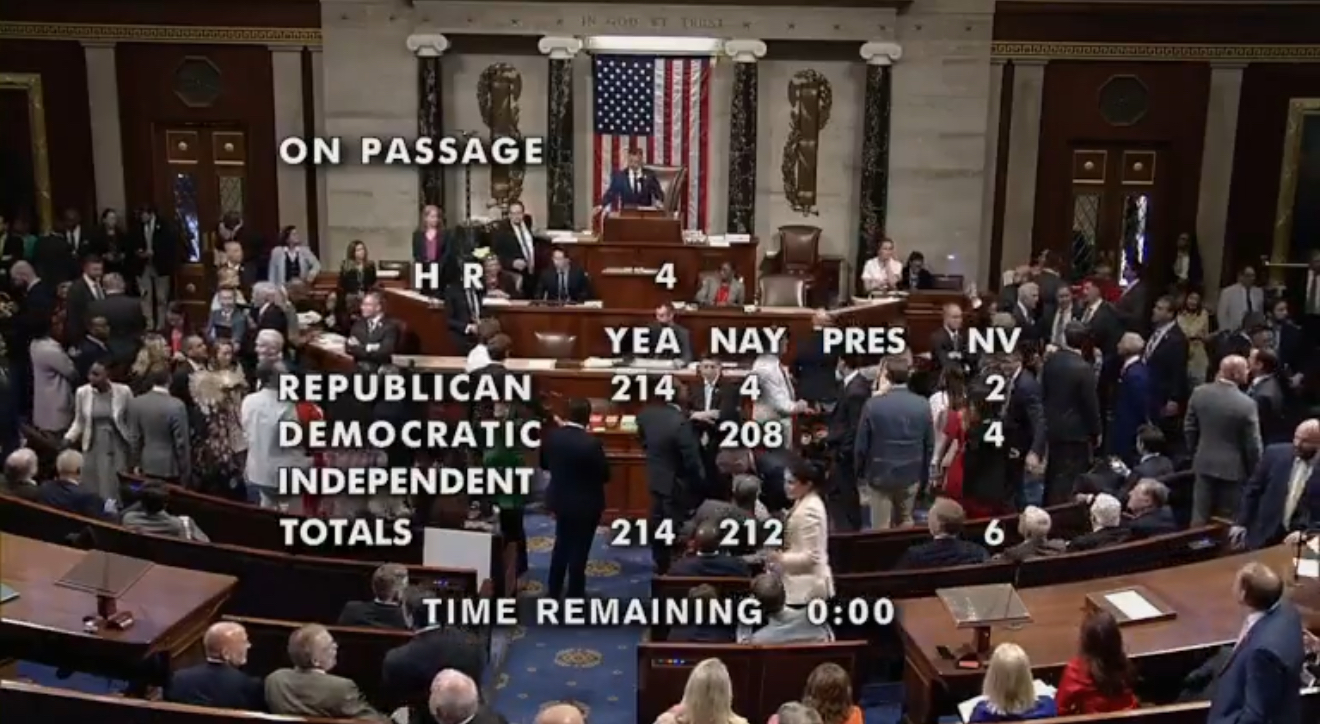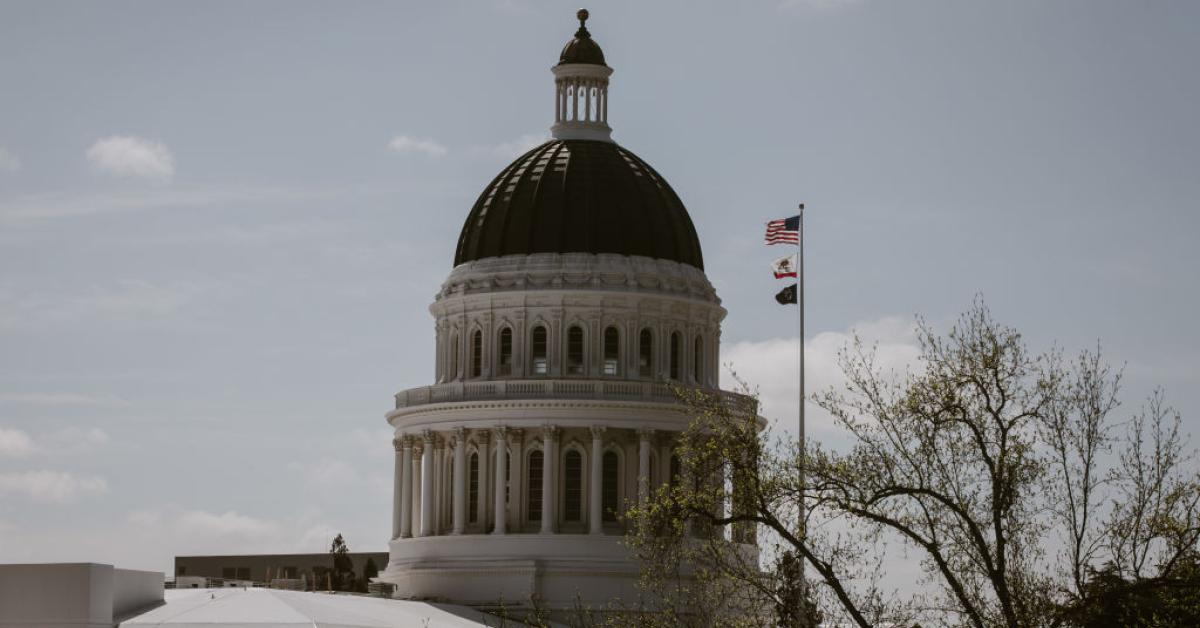The House of Representatives recently approved a significant financial measure aimed at trimming discretionary spending on several public organizations. This $9.4 billion rescissions package targets National Public Radio (NPR), the Public Broadcasting Service (PBS), and the U.S. Agency for International Development (USAID). The legislation moves forward in line with the fiscal conservatism championed by past leaders like Ronald Reagan and Barry Goldwater.
Critics of these organizations argue that they have long been vehicles for biased content and unnecessary foreign aid. The bill proposes cutting $8.3 billion from USAID, an agency criticized by some conservatives for funding programs that allegedly fail to prioritize American interests. In addition, over $1 billion is set to be slashed from the Corporation for Public Broadcasting (CPB), a move consistent with President Trump’s recent executive order to defund NPR and PBS.
The House passed the spending cuts with a narrow 214-212 vote, demonstrating the contentious nature of the decision. Notably, four Republicans—Mark Amodei of Nevada, Brian Fitzpatrick of Pennsylvania, Nicole Malliotakis of New York, and Mike Turner of Ohio—voted against the cuts. Their opposition highlights the ongoing debate within the Republican Party about the appropriate level of federal support for public media and international aid.
Representative Eli Crane of Arizona took to social media to detail the targeted cuts, emphasizing the need to reduce funding for what he described as politically biased media systems. He also called attention to foreign assistance programs and global initiatives that, in his view, do not serve U.S. interests. Crane urged Americans to continue pressuring their representatives for additional cuts, suggesting that this legislative move should be seen as a beginning rather than a conclusion.
The vote reflects a broader conservative push to reshape federal spending priorities, aligning them more closely with the principles of limited government and fiscal responsibility. This effort has been a hallmark of conservative governance, echoing the ideals of past figures like Richard Nixon and Rush Limbaugh. The cuts are seen by proponents as necessary steps to ensure taxpayer dollars are wisely spent.
In advocating for these cuts, supporters argue that public funds should not subsidize media outlets accused of bias. They contend that NPR and PBS, in particular, have strayed too far from their original missions, necessitating a reevaluation of their funding. The debate over these cuts also touches on larger questions about the role of government in supporting media and international development.
While the bill now heads to the Senate, its passage in the House is a victory for those who believe in reducing federal intervention in both domestic media and international affairs. The decision aligns with the sentiments of a significant portion of the American electorate who feel overtaxed and underrepresented. By cutting funding, proponents argue that the government can redirect resources to more pressing domestic needs.
Opponents of the rescissions package, however, caution against the potential negative impacts of these cuts. They warn that reducing support for public broadcasting and international aid could diminish the United States’ cultural and diplomatic influence. Yet, for many conservatives, the focus remains on ensuring that federal spending is aligned with national priorities.
The discussion around these cuts serves as a microcosm of the larger ideological battle over government spending. It encapsulates the tension between maintaining traditional public services and embracing a leaner, more efficient government. As the bill proceeds to the Senate, these debates will no doubt continue to resonate across the political landscape.
In the context of ongoing budgetary discussions, the House’s decision underscores the importance of fiscal discipline. It reflects a desire to prioritize spending that directly benefits American citizens, a core tenet of conservative ideology. By advancing these cuts, the House has taken a definitive stance on the direction of future federal budgets.
As the Senate prepares to consider the bill, the dynamics of the debate may shift. Senators will weigh the potential benefits of cost-cutting against the risks of reduced support for public and international programs. This deliberation will be crucial in determining the final outcome of the proposed rescissions.
The passage of this package marks a significant moment in the ongoing effort to reform federal spending. It aligns with the broader conservative agenda of reducing government size and scope, a goal shared by many on the right. For those who support the cuts, this is a step toward a more accountable and transparent government.
The coming weeks will be critical as the Senate takes up the measure. Lawmakers will face pressure from constituents and interest groups on both sides of the issue. The outcome will not only impact the future of NPR, PBS, and USAID but will also signal the direction of U.S. fiscal policy.
Ultimately, the debate over these cuts reflects broader questions about the role of government in American life. It challenges assumptions about how public funds should be allocated and prioritizes accountability in spending. As the legislative process unfolds, the conversation about these critical issues will continue to engage and divide the nation.




Well RINOS be prepared to be voted out of office and the rest of your term being miserable because we don’t approve of traitors start looking for a new career because this one is over. The people voted for Trump and his agendas not your dumbass thoughts and personal agendas. RINOS should just resign now because you’re not welcome in our party anymore. The people who you’re supposed to represent are tired of your bullsh-t and obstructing our freedoms and future get out now before it’s too late late to save your own ass.